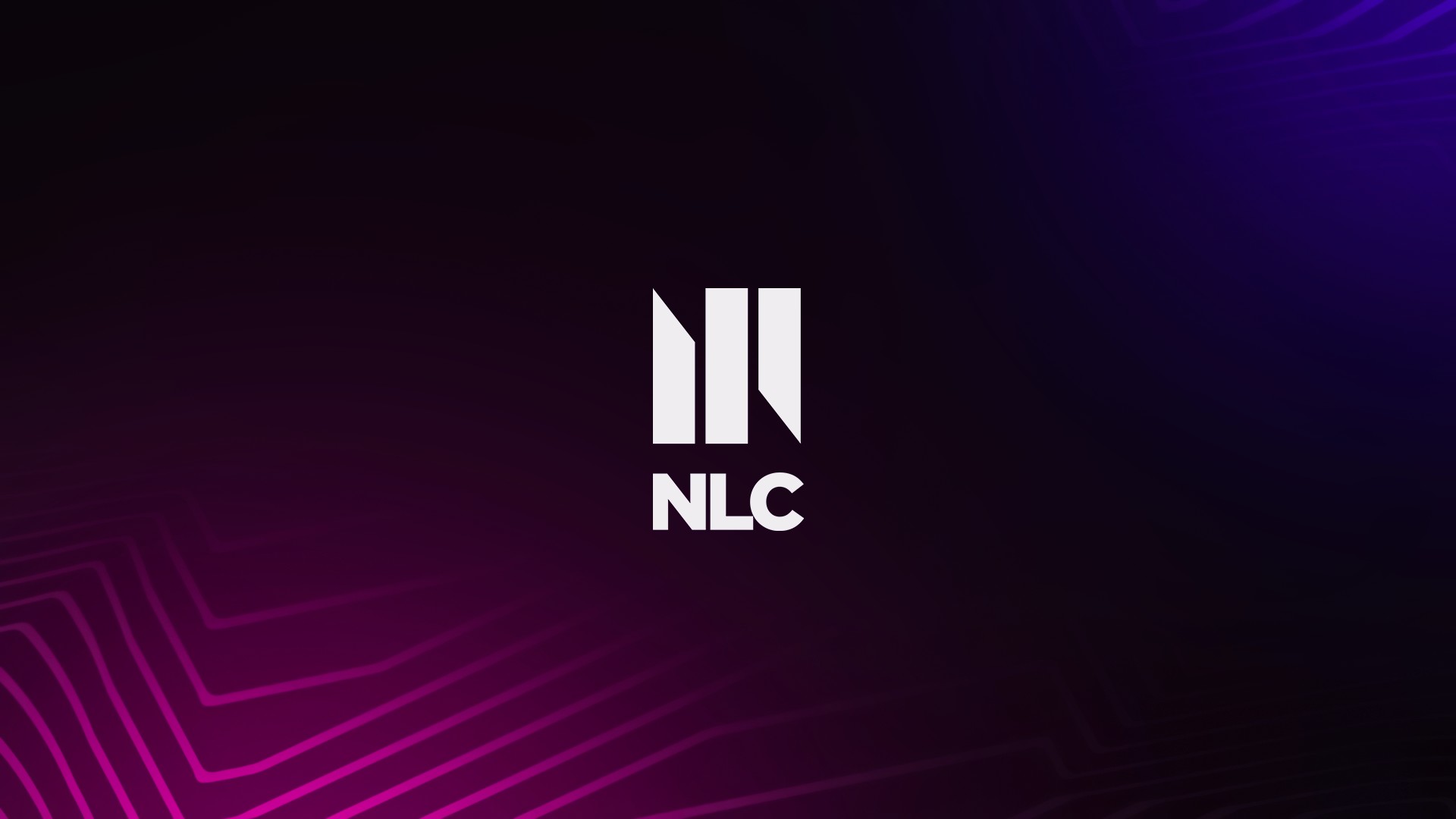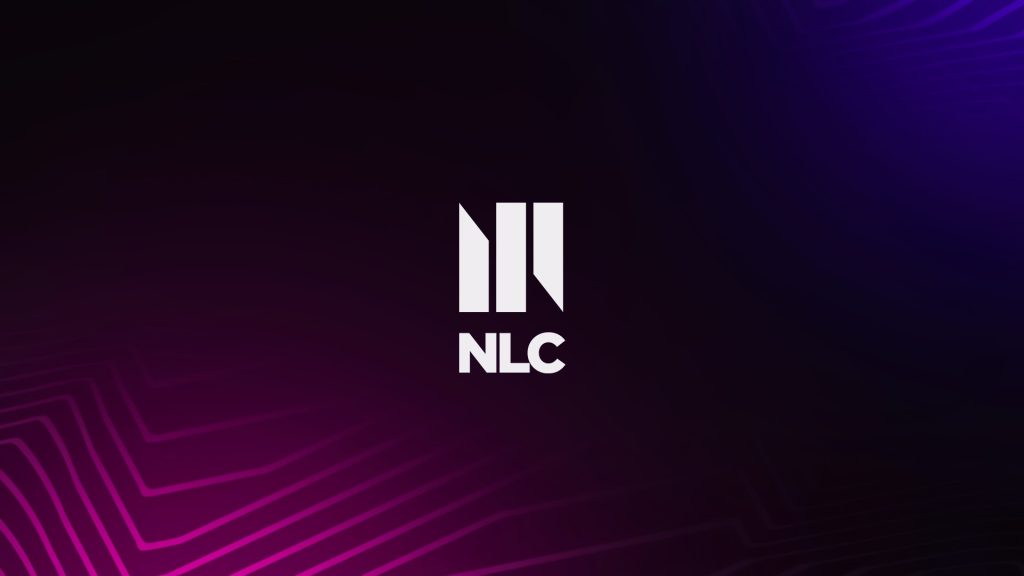Notifications
ALL BUSINESS
COMIDA
DIRECTORIES
ENTERTAINMENT
FINER THINGS
HEALTH
MARKETPLACE
MEMBER's ONLY
MONEY MATTER$
MOTIVATIONAL
NEWS & WEATHER
TECHNOLOGIA
TV NETWORKS
VIDEOS
VOTE USA 2026/2028
INVESTOR RELATIONS
COMING 2026 / 2027
ALL BUSINESS
COMIDA
DIRECTORIES
ENTERTAINMENT
FINER THINGS
HEALTH
MARKETPLACE
MEMBER's ONLY
MONEY MATTER$
MOTIVATIONAL
NEWS & WEATHER
TECHNOLOGIA
TV NETWORKS
VIDEOS
VOTE USA 2026/2028
INVESTOR RELATIONS
COMING 2026 / 2027
About Me
 Latinos Media
Latinos Media Latinos Media provides all types of news feeds on a daily basis to our Members
Posted by - Latinos Media -
on - July 19, 2023 -
Filed in - Esports -
-
753 Views - 0 Comments - 0 Likes - 0 Reviews

 Image credit: NLC
Image credit: NLC
The Northern League of Legends Championship (NLC), a European league for the Nordics, UK and Ireland, has expanded its lower divisions in a bid to create more ways for regional competitors to play.
The NLC will utilise a new tournament structure that will see five regions in Northern Europe, including the UK, have separate national lower-division competitions.
As such, NLC’s third and fourth divisions will be dissolved, resulting in teams needing to apply to one of the five NLC National Leagues taking place in the UK and Ireland, Norway, Sweden, Finland and Denmark.
Sign-ups for some NLC National Leagues have already opened, with the new structure set to be implemented after the current NLC Summer Split. Game publisher Riot Games has named tournament organisers Leagues.gg, Svenska Online Ligaen, Finnhouse, GoodGame.no and UKEL as partners for these new national leagues.
For the UK and Ireland, UKEL will open up sign-ups on July 31st with the season set to commence September 18th.
The local divisions will feed into NLC Division 2. The top two teams from each local competition will be invited to the NLC Regional Promotion Series, where the teams will compete against the bottom 2 NLV Division 2 teams.
Riot Games is continuing to adjust the formats for various parts of its League of Legends ecosystem, particularly at the tier-two level. In May 2023, the developer and publisher unveiled a revamped NACL format ahead of the Summer split.
Will Attwood, Competitive Experience Manager at Riot Games, spoke on the NLC changes: “Our aim is to give players towards the bottoms of the pyramids additional flexibility with timings for games, so that players can organise, play and compete on a schedule that works better for them.
“This new competitive system means that teams who want to play together can also compete together. We hope that by doing so, we can help foster these growing communities and local competition.”